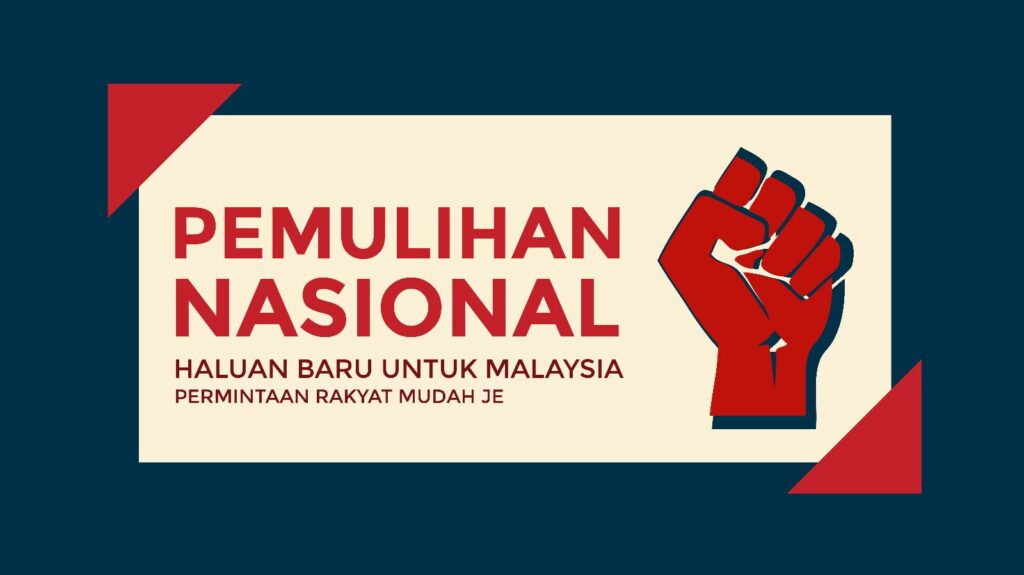
Covid-19 has revealed the fragility of our economic model, which increasingly steals away the rights of part-time workers, while exploiting the energies of these workers to the maximum. This was achieved through a system of “employment” which is moving from formal to informal work. A part of this work format has been named as the “gig” economy.
The gig economy is a trend in the free market system that gives the freedom to organisations or workers to enter a contract of service, rather than a fixed term contract. It treats workers as free contractors who make specific agreements with employers, to allow employers to utilise their services without salarying those workers full time. Although this may appear to give flexibility to workers, in reality it only steals away whatever reasonable social protections that exist for them. An example of Gig Economy work is the delivery service position known as P-Hailing (Parcel Hailing).
P-Hailing workers, though they play a key role in ensuring that the food delivery and service sectors continue operating throughout the duration of the pandemic, have had their rights highly neglected. Their classification as “free contractors” and not workers marginalises these labourers, and profits the digital platform companies which employ them.
There are still many gig workers who don’t have their labour rights safeguarded in the event of any emergencies. Rather, they have to take personal steps to protect their rights.
Gig economy workers aren’t covered by company insurance, and they also don’t have financial safety nets like the Employees Provident Fund (EPF) or the Social Security Organisation (SOCSO). In addition, costs like motorcycle maintenance, food delivery bags, and even corporate company shirts have to be borne by the workers themselves.
While the earnings of these workers may seem generous on the surface, these numbers are often misleading. As an example, one popular food delivery company is Foodpanda. Foodpanda’s latest work schedule, released in 2019 without any negotiation with riders, ties workers to 14 hour workdays without appropriate wages. The addition of new workers doesn’t lighten the burden of work on these riders: but rather causes the wage rates for their services to be lowered even further. Some workers have complained that their weekly earnings have dropped by as much as RM300 since this latest work schedule was released.
Foodpanda’s riders have also complained that they are under threat of suspension and being banned from making order deliveries if they’ve cancelled too many orders.
In the past, Foodpanda has also issued warning letters threatening a Penang Island rider with dismissal for having taken part in a strike. This is a clear violation of the worker’s rights to engage in strike action or to participate in union activities.
For P-Hailing workers of Grabfood, meanwhile, they can find themselves suspended even if the order was cancelled due to a system-side error, like the customer being outside their area of service. This happens even though Grabfood’s customer service centre was informed beforehand. These workers expected that they would be allowed to cancel the orders in question without any punishments, but instead found themselves still suspended from making deliveries, causing their income to be reduced. The exploitation of workers is obfuscated by the use of algorithms, showing that these P-Hailing workers don’t have the guaranteed incomes enjoyed by formal sector workers.
Many of their rights have been denied, but the law fails to side with them. Because of the classification of P-Hailing workers as free contractors, their status becomes ambiguous and they are excluded from various rights that would be clearly guaranteed if they were formal workers.
The government’s responsibility is to ensure that the nation’s resources are best allocated to generate benefits that can be channelled to all its citizens, not to gouge surplus from the suffering of its people for the profit of big companies. The legal framework must be updated to ensure that these workers enjoy the same rights as any other workers in Malaysia.
As such, PSM has undertaken the National Action Plan “Permintaan Rakyat Mudah Je”, which was launched on the 9th of September 2021, recommending that all aforesaid P-Hailing workers must be given SOCSO and EPF coverage.
The government has to table laws to ensure that these gig economy companies are mandated to make SOCSO and EPF contributions on behalf of their workers. PSM urges that these E-Hailing workers be given a basic minimum wage in addition to their commission payments. Companies must be held responsible for adhering to the terms and conditions of existing labour laws.
The Ministry of Human Resources must also rationalise and amend the existing labour laws to keep up with the latest changes and trends in the realm of work, that is the shift from formal work under fixed employers towards workers providing free service under the Gig Economy. Employers and the providers of these service platforms cannot be exempt from preparing the necessary accommodations and fulfilling their responsibilities towards the workers providing these services. They are still workers that must be protected by the labour laws of the nation.
Labour laws must be amended to give adequate protection to these gig economy workers. Wrongful dismissals should not be allowed and they must be given the right to form unions and picket to voice any injustices which may be happening.
These workers must also be given the right to collective bargaining. This ensures that the mass give-and-take mechanism can function, which enables workers to enjoy equal rights without discrimination, either legal or on account of their work relations, to conduct effective collective negotiations with employers.
A Sivarajan
Secretary General, Socialist Party of Malaysia














